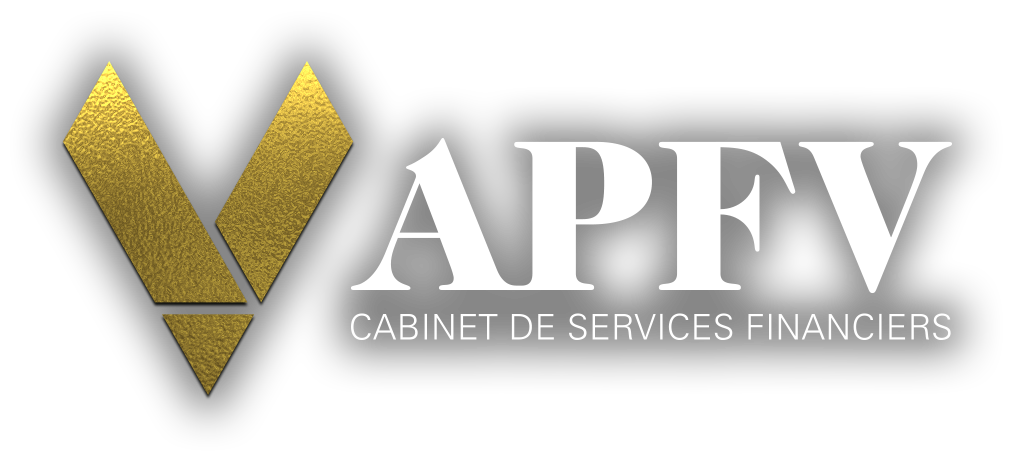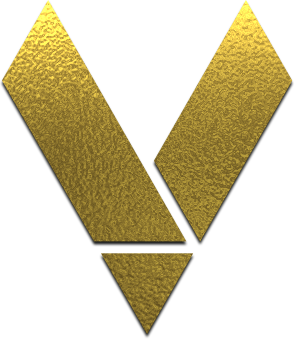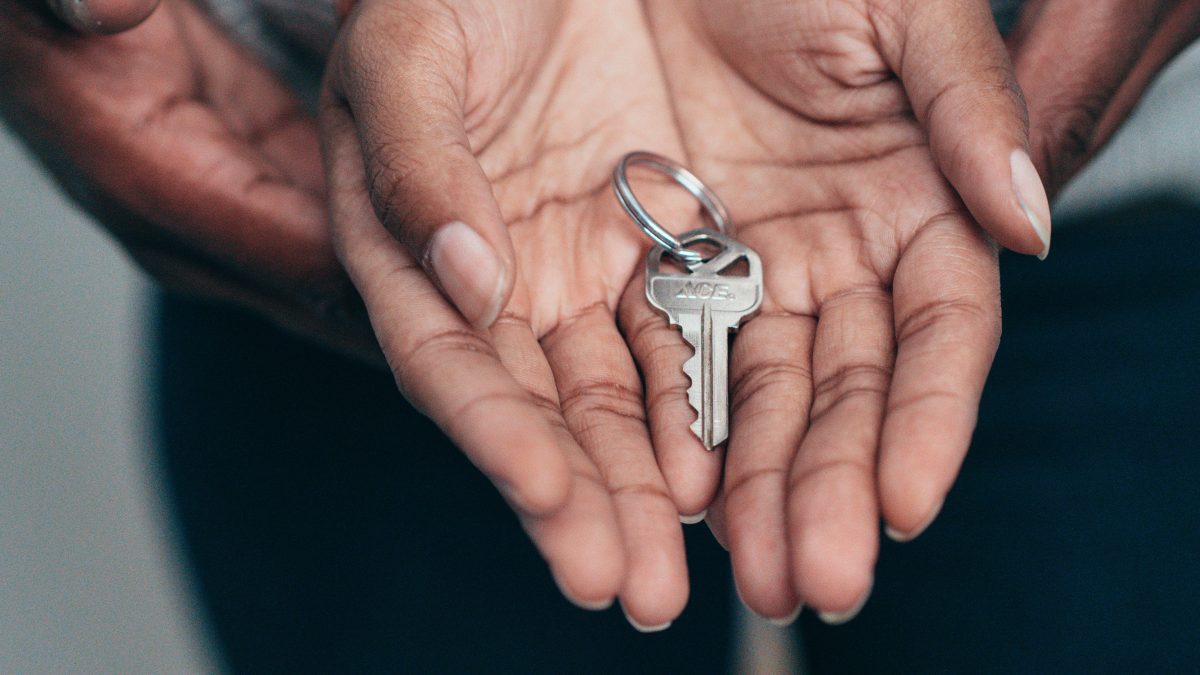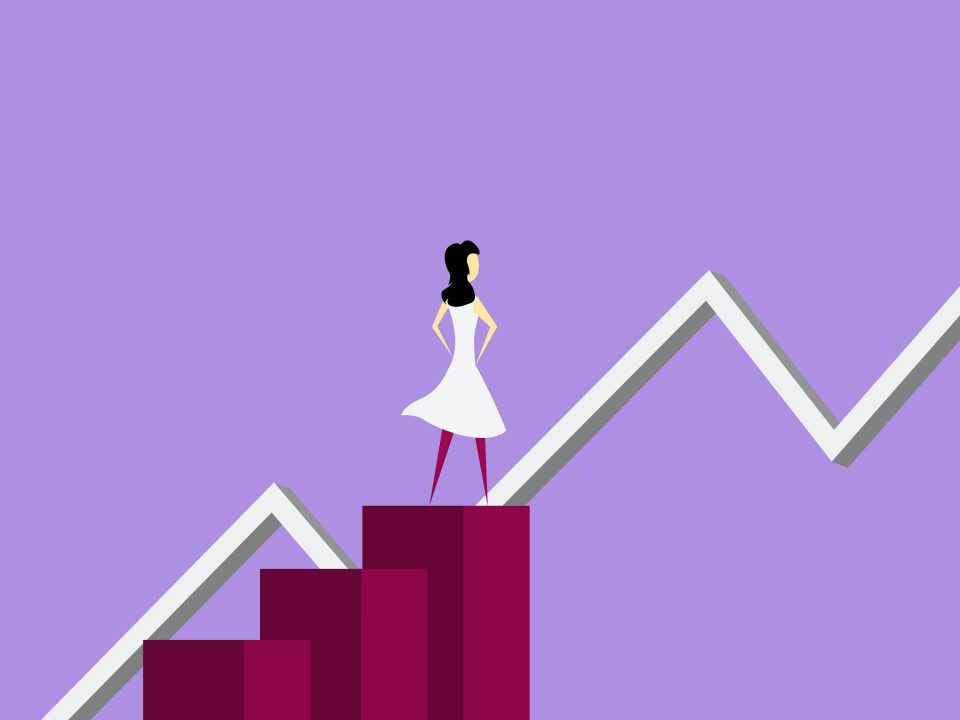It is important to understand what it is like to be a responsible borrower in order to properly understand your mortgage.
According to the Mortgage Broker Regulators’ Council of Canada (MBRCC), several questions are important to consider, when applying for loan and here are the top 6:
- Do you have a good credit history? Your credit history determines your credit worthiness and your ability to get a mortgage. Lenders will always ask to check your credit history to decide if they want to offer you a mortgage.
- How stable is your income and employment? This is especially important for seasonal and contract workers. A decrease in pay or losing your job could seriously change what you can afford and your ability to get a mortgage. Typically, lenders like to see a minimum of 2 years of stable employment and constant pay.
- How much does owning a home cost? Owning a home costs more than the amount of the mortgage. When you purchase a home, there are closing costs, including legal and other fees, along with appraisals, etc. Once the home is yours, there are also other expenses that rise such as moving expenses, property taxes, insurance, condo fees, home repairs, etc. Make sure to include all of these expenses as part of the total cost when you are considering if you can afford a mortgage.
- Will owning a home affect your other financial? Mortgage payments could limit your ability to manage other expenses. After making your mortgage payments, would you have enough money to also pay for your everyday expenses or future projects? You might need a vehicle, wish to travel, have children, etc. Consider if a mortgage could prevent you from being able to manage other commitments or goals.
- What happens if you can’t pay for the mortgage? Not paying your mortgage on time and in full can lead to breach of contract, penalty fees and foreclosure. That means, if you default, the lender has the right to take possession of the property to recover the money still owed on the mortgage.
If this happens, all of the previous mortgage payments you have already made, all the money you have invested into the home and any equity (value beyond what is owed on the mortgage) in the home could be lost. If the lender sells the home for a price that is less than what was left on the mortgage when it went into default, you might even have to pay the difference. Also, it will be much harder in the future to find a lender willing to offer you another mortgage. - Will your property value increase or decrease? A home is often a good asset. But not always, the value of a home can go up or down. Decreases in value can result in losses of equity. This is why we always strongly recommend hiring a building inspector prior to the purchase to secure the state of property you are looking to buy.
Finally, always consider not just how much money you have today, but your financial position for the length of the mortgage (mostly for the next 20-25 years). Ask yourself if you will be able to continue to make the full payments on time, for example, consider how the payments will affect your spending money and your ability to deal with sudden or unexpected financial needs. Did you plan for an emergency fund to cover those unexpected expenses? Will you have difficulties making sure you have enough left for other things you need?
Source: Mortgage Broker Regulators’ Council of Canada., https://www.mbrcc.ca/BeingaResponsibleBorrower





